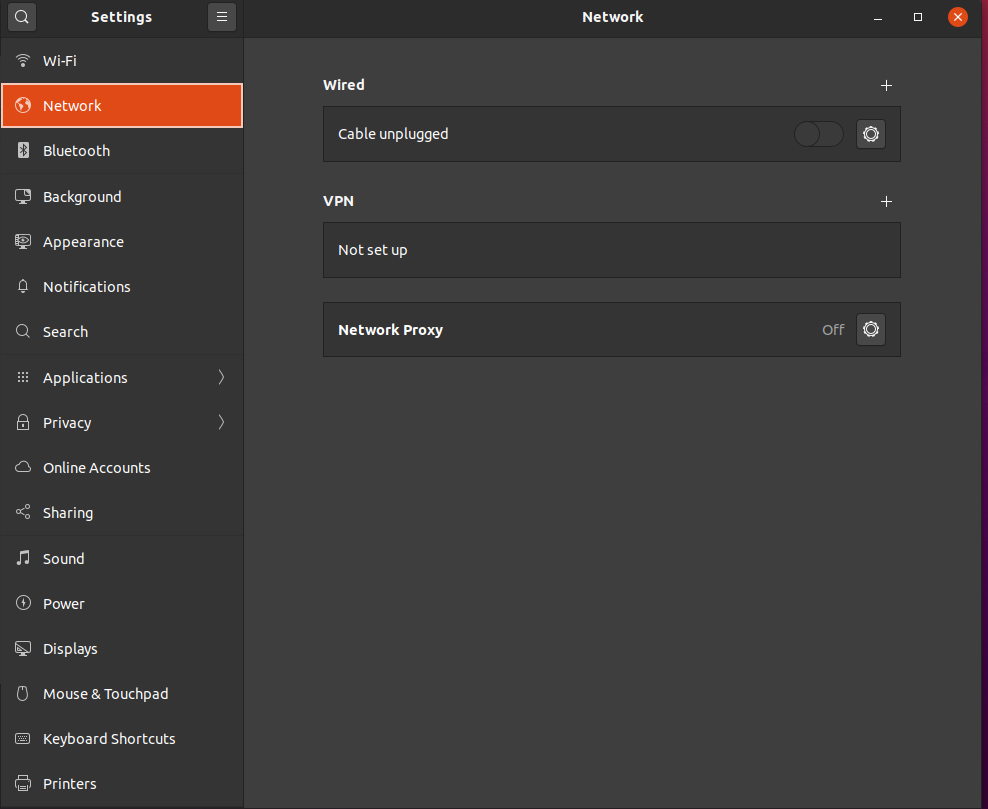-
This release also adds several new Wi-Fi enhancements, support for the MACsec offload mode, and enables IPv4 DAD by default.
NetworkManager 1.46 has been released today as the latest stable version of this popular network connection manager software for Linux-based operating systems that introduces major changes.
Coming more than six months after NetworkManager 1.44, the NetworkManager 1.46 release is here to introduce support for showing a Wi-Fi device’s capability on the 6Ghz band, support for Ethtool EEE (Energy Efficient Ethernet) settings, support for configuring ethtool channels property to configure NIC multiqueue, and support for HSR (High-availability Seamless Redundancy) and PRP (Parallel Redundancy Protocol) interfaces.
NetworkManager 1.46 also adds support for two-factor authentication (2FA) for VPN plugins, implements the fwmark property for IP tunnels, adds support for the MACsec offload mode, allows setting the dhcp-client-id to none, implements the ‘dns-change’ dispatcher event, and adds support for creating generic devices via the external “device-handler” dispatcher.
Other new features include support for modifying the DSCP header field for DHCP packets and also changing the default to CS0, enablement of IPv4 DAD (Duplicate Address Detection) by default, support for accepting pref-src for IPv6 routes from VPN plugins, and support for configuring the NIC’s eswitch settings via Devlink.
Several new Wi-Fi enhancements are present in this release, namely support the ${NETWORK_SSID} dynamic value for connection.stable-id to generate the stable ID based on the Wi-Fi’s SSID, and a new wifi.cloned-mac-address=stable-ssid value for randomizing the MAC address based on the Wi-Fi network.
It also introduces new options to prevent edns0 and trust-ad from being automatically added to the DNS configuration, adds support for the ID_NET_AUTO_LINK_LOCAL_ONLY=1 udev property for enabling link local addresses on the default wired connection, as well as support for the ID_NET_MANAGED_BY udev property to only manage an interface when it’s set to “org.freedesktop.NetworkManager”.
Starting with this release, NetworkManager now allows configuring static routes also when addresses are empty. The nmcli command line tool has been updated as well in this release to show Wi-Fi bandwidth and global metered state, allow adding a bond as a bridge port, as well as to limit the number of printed addresses/routes in the overview to 10.
Under the hood, NetworkManager 1.46 comes with some major internal changes, starting with the use of Python 3 by default as build support for Python 2 was removed. It also changes the internal ABI of NMSetting types and NMSimpleConnection, and drops support for old systemd versions as systemd 200 or later is now required to use NetworkManager.
Moreover, this release enables more sandboxing options in the systemd service file and the D-Bus methods StartFind() and StopFind() on interface “org.freedesktop.NetworkManager.Device.WifiP2P” now require the “org.freedesktop.NetworkManager.wifi.scan” Polkit permission.
Some performance improvements are present as well by limiting the number of exported IP addresses/routes on D-Bus to 100 and also rate limiting D-Bus updates for addresses/routes to 3 per second.
Last but not least, the man-page has been updated to show the format and accepted values of all properties, the master, slave-type, and autoconnect-slaves connection.* properties were deprecated, NetworkManager no longer attempts to use IPv6 if it’s disabled in the kernel, IPv6 address lifetimes computation was fixed, as well as the handling of OVS interfaces with netdev datapath and cloned MACs.
Many internal improvements and bug fixes are present in this release, along with documentation improvements. NetworkManager 1.46 is available for download as a source tarball from here, but you should wait for this version to arrive in the stable software repositories of your favorite GNU/Linux distribution to update.
-
 P polymath moved this topic from Tech on
P polymath moved this topic from Tech on
